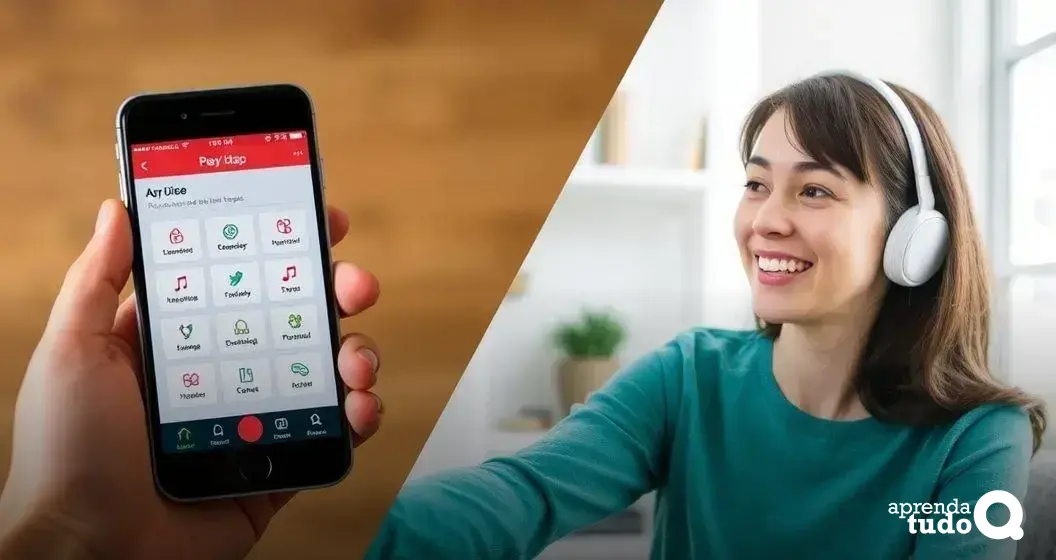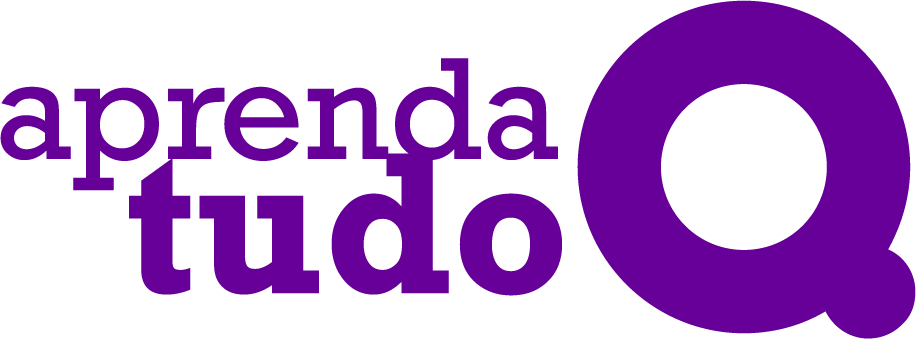Language learning apps for adults have become essential tools in mastering new tongues. With the rapid advancement of technology, these resources provide effective and engaging ways to study. They make language acquisition accessible, fitting learning into busy lifestyles.
Finding the right app can transform your language journey and make it enjoyable. From vocabulary to pronunciation, these platforms offer various features to suit every learner’s needs. Make the best choice to ensure you stay motivated and gain fluency.
Keep reading to discover how these apps can revolutionize your language learning experience and ignite your passion for new languages.
Top Language Learning Apps for Adults
When it comes to learning a new language, having the right tools makes all the difference. Duolingo is one of the most popular language apps for adults. It uses a game-like approach to make learning fun and engaging. Users can practice speaking, listening, and reading through interactive exercises that feel more like a game than studying.
Another excellent choice is Babbel, which focuses on real-life conversations. It offers lessons that are designed by experts and tailored to adult learners. This app helps users understand the cultural context of the language, making it easier to communicate effectively.
Lastly, Rosetta Stone stands out for its immersive method. It teaches users to think in the new language rather than translating from their native tongue. This approach helps with retention and fluency, making it ideal for adults who want to speak confidently.
Benefits of Using Language Learning Apps
Using language learning apps offers many advantages for adults. One of the biggest benefits is convenience. With apps like Duolingo or Babbel, you can learn anytime and anywhere. Whether you’re on a lunch break or waiting for an appointment, you can easily fit lessons into your day.
Another benefit is the variety of learning styles these apps cater to. Many apps use games, quizzes, and audio exercises to keep users engaged. This variety makes the learning process enjoyable and helps you remember what you’ve learned. It can also keep you motivated to continue practicing.
Lastly, language learning apps often provide immediate feedback. When you complete a lesson or quiz, you get instant results that show your progress. This real-time feedback helps you see where you need improvement and encourages you to keep pushing towards your language goals.
How to Choose the Right App
Choosing the right language learning app is crucial for success. Start by considering your learning goals. Do you want to focus on speaking, writing, or reading? Some apps specialize in conversation skills, while others are better for grammar or vocabulary. By knowing what you want, you can pick an app that suits your needs.
Next, think about the features you enjoy. Do you like interactive quizzes, videos, or games? Some apps offer a variety of these elements, making learning fun and engaging. Choosing an app with features you love keeps you motivated and helps you stick with your language learning journey.
Lastly, check user reviews and ratings. This gives you insight into what other learners think. Look for comments about the app’s ease of use, effectiveness, and support. A highly-rated app that fits your preferences can be a great tool in unlocking your language potential.
Features to Look for in Language Apps

When choosing a language learning app, look for user-friendly design. An app that is easy to navigate will make your learning experience smoother. A clear layout helps you find lessons quickly and allows you to focus on learning rather than figuring out the app. A great design keeps you engaged and motivated.
Another important feature is speech recognition. This tool helps you practice your speaking skills by allowing the app to listen to your pronunciation. Apps with this feature give you feedback, helping you improve your accent and confidence in speaking. This interactive practice is vital for language learning.
Finally, check if the app offers personalization options. Every learner is different, so having an app that tailors lessons to your level and interests can be very beneficial. Personalization keeps the content relevant to your goals, making your language learning more effective and enjoyable.
User Reviews and Ratings
User reviews and ratings are essential when selecting a language learning app. They provide real feedback from people who have used the app. A high rating usually indicates that many users found the app useful. It’s a good idea to read what others have to say about their experiences in both learning and usability.
Look for specific comments in the reviews. Users often mention what they liked most and what could be improved. For example, many learners appreciate apps that offer engaging games or effective grammar lessons. Noticing patterns in reviews can help you decide which features are the most valuable to you.
Also, pay attention to the app’s updates and how often users mention new features. Apps that are regularly updated indicate active development and improvement. This can enhance your learning experience over time, making it easier to reach your language goals with the latest tools.
Cost Comparison of Language Learning Apps
When comparing the costs of language learning apps, it’s important to consider different pricing models. Some apps offer free versions with limited features, while others require a monthly or yearly subscription. For example, apps like Duolingo are free to use but may include in-app purchases for advanced features. Understanding the pricing structure helps you find the best value for your learning style.
Additionally, some apps offer trial periods. This allows you to test the app before committing to a subscription. During the trial, you can explore all the features and assess whether the app meets your goals. Take advantage of these trials to find out what works for you without spending money upfront.
Lastly, think about the long-term value of the app. A more expensive app might offer additional resources and personalization, making it worthwhile. Consider how many lessons you’ll complete and whether the app will help you achieve fluency faster. Weighing these factors will help you make a smart financial decision for your language learning journey.
Tips for Effective Language Learning
To learn a new language effectively, set clear goals. Decide what you want to achieve, whether it’s holding a conversation, traveling, or passing an exam. Specific goals guide your study sessions and help you stay motivated. Break larger goals into smaller, manageable steps, and celebrate your progress along the way.
Another tip is to practice regularly. Consistency is key to language learning. Dedicate a specific time each day to practice your skills. Even if it’s just 15 to 30 minutes, daily practice helps reinforce what you learn and builds your confidence over time. Use different methods such as apps, reading, or even speaking with friends.
Finally, immerse yourself in the language as much as possible. Surround yourself with language-rich environments by watching movies, listening to music, or joining language exchange groups. This real-world engagement helps you understand the culture and context of the language, making learning more enjoyable and effective.
Success Stories from Adult Learners

Many adult learners have found success using language learning apps. For instance, Sarah, a busy marketing professional, used Duolingo during her daily commute. Within a year, she became confident enough to have conversations in Spanish with her colleagues. Her story shows that even with a hectic schedule, commitment and the right tools can lead to impressive results.
Another inspiring example is John, a retiree who decided to learn French. He started using Babbel to keep his mind active and prepare for a trip to France. Within months, he was able to order food, ask for directions, and talk to locals. His story highlights how language learning can enrich life experiences and open doors to new adventures.
A third success story comes from Emma, who used Rosetta Stone to learn Italian. She joined a local conversation group to practice speaking. Through the app and her meetings with others, Emma not only learned the language but also made new friends. This shows that language learning can be a social experience that connects people.
Learning a new language can be challenging, but it’s also very rewarding. Many adults find that using language learning apps makes the process easier and more enjoyable. These apps often break lessons into small, fun activities, keeping learners engaged and motivated. This method allows adults to fit practice into their busy lives.
In addition to convenience, language apps provide immediate feedback. When learners complete exercises, they can see their scores right away. This instant feedback helps users understand where they need to improve. Moreover, it builds confidence as they see themselves progress through levels, encouraging them to continue learning.
Finally, language learning apps often include community features where users can connect with other learners. This allows adults to practice speaking and writing with real people. Engaging with others adds a social element to learning, making it less isolating and more fun. Building a network of fellow learners can also provide support and motivation.






